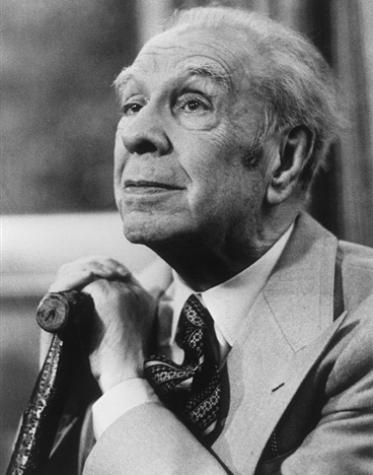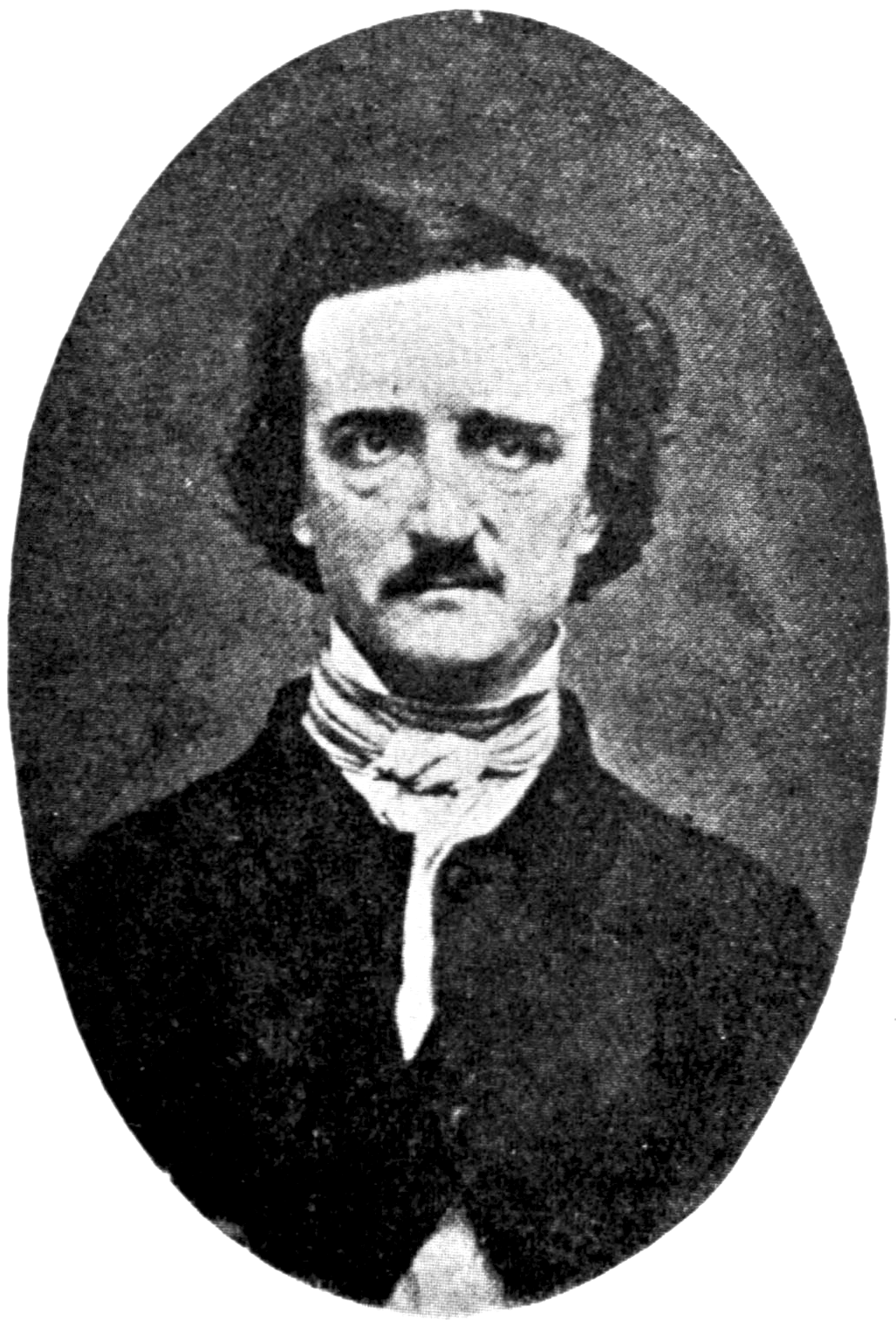 |
| Jorge Luis Borges |
English-speaking readers and critics, especially American ones, are often skeptical of Poe's literary value and bemused at his continued popularity, ascribing it either to the sensational and thus appealing nature of his work or to improvement in translation. Rarely do they take him seriously as a founding figure of American literature; they rather grant that status to the more literarily respectable Hawthorne or Melville.
And yet Poe, as Borges saw, is indispensable in a way that neither Nathaniel or Herman are. The influence of both writers, and I'm saying that as a fan of the former*, is mostly limited to North American literature. Poe on the other hand is a global phenomenon, his heirs are to be found all over the world and many of them were major players in their own right. Strike him out and suddenly there is no Baudelaire, Stevenson, Dostoyevsky, Verne and of course Borges - to name just a few - at least as we know them. He is also responsible, directly or indirectly, for the existence of genres that didn't or barely existed before him - crime fiction of course, but also science-fiction, horror and even adventure in its modern sense. Finally, he contributed to the rise of the tale or short story as a viable and legitimate form of fiction. Now it doesn't necessarily make him a writer of Hawthorne's or Melville's caliber on purely literary grounds (I think it does, but I'm open to discussion) but his legacy is far more important and enduring.
Not bad for a guy who died at 40 in abject poverty and near obscurity.
